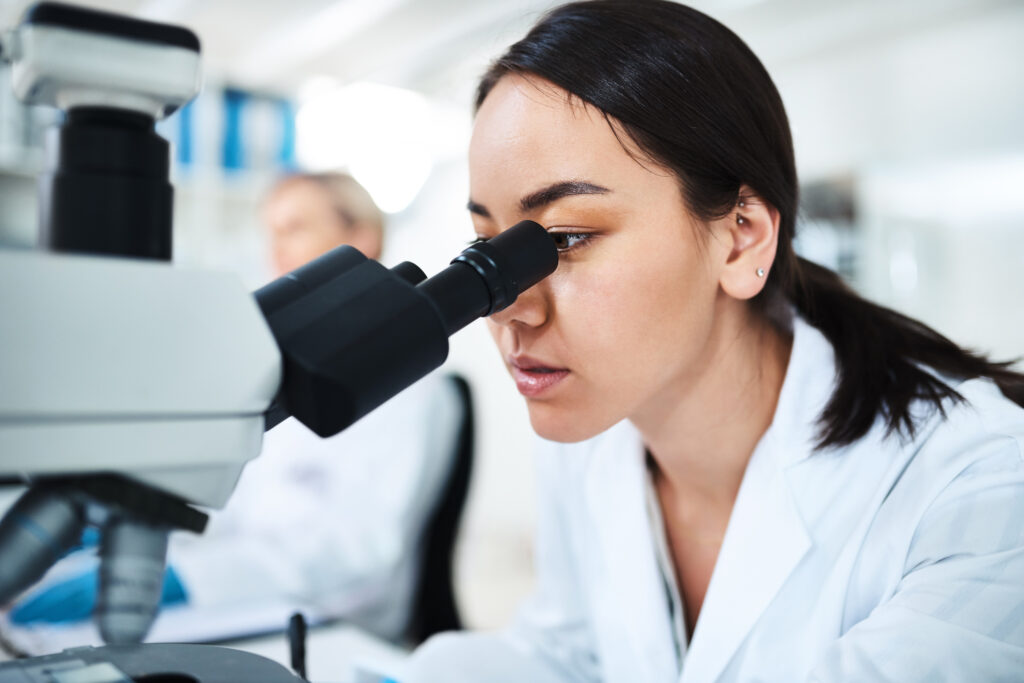For the first time in nearly 30 years, scientists have discovered a completely new class of antibiotics—and it could be a game-changer in the fight against drug-resistant infections. Researchers at McMaster University identified a promising molecule called lariocidin, which attacks bacteria in a way no existing antibiotic does. Found in a soil sample from a backyard in Hamilton, Canada, the molecule is produced by a rare bacterium called Paenibacillus.
Lariocidin has shown strong effectiveness against even the most drug-resistant bacteria, while remaining safe for human cells. It works by disrupting the protein-making machinery in bacteria through a never-before-seen mechanism. Researchers say it also performed well in animal models, making it a strong candidate for future clinical use. The discovery, published in Nature, comes at a critical time as antimicrobial resistance continues to rise worldwide. With development now underway, this breakthrough offers renewed hope for powerful new treatments in global healthcare.

